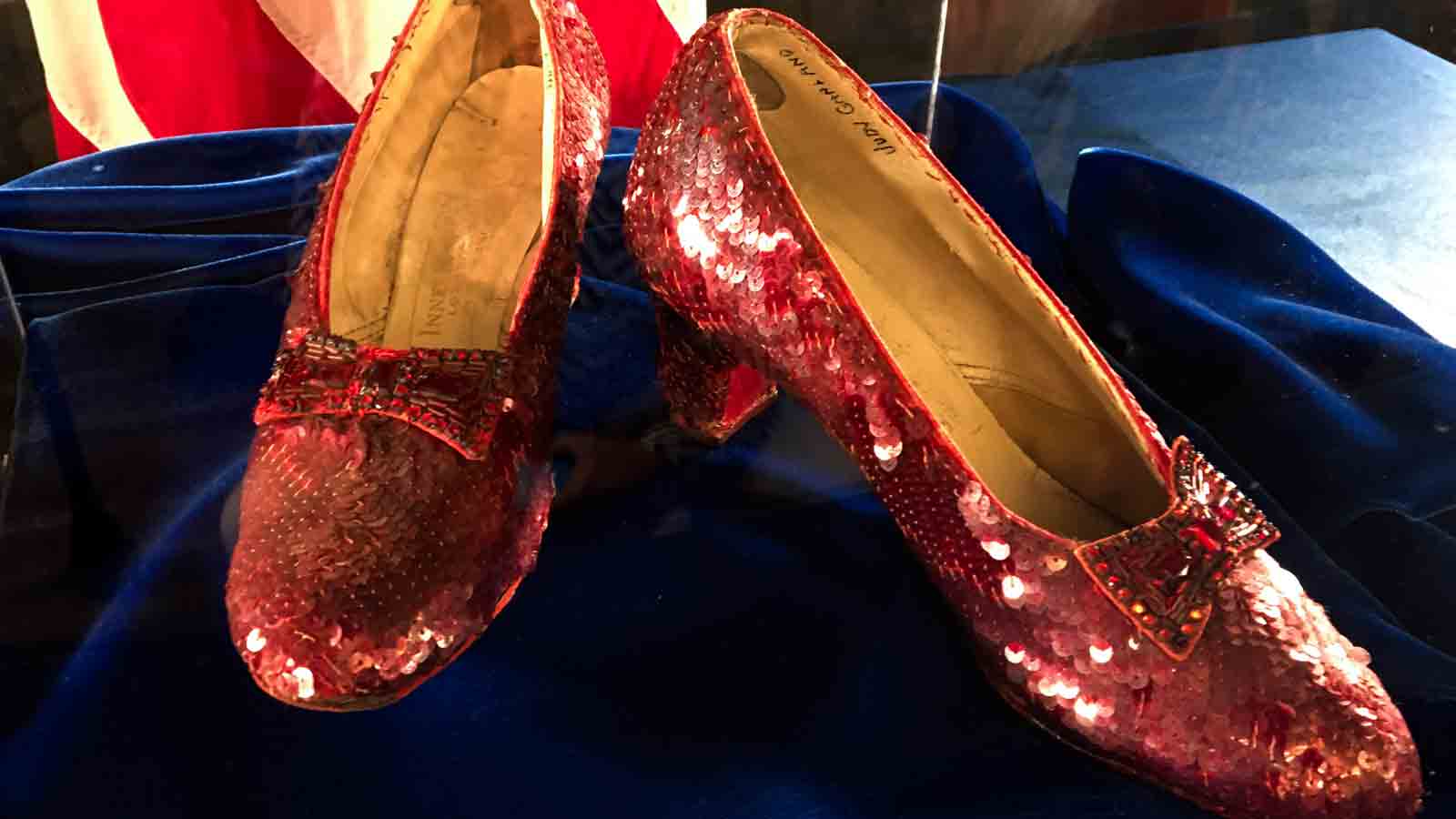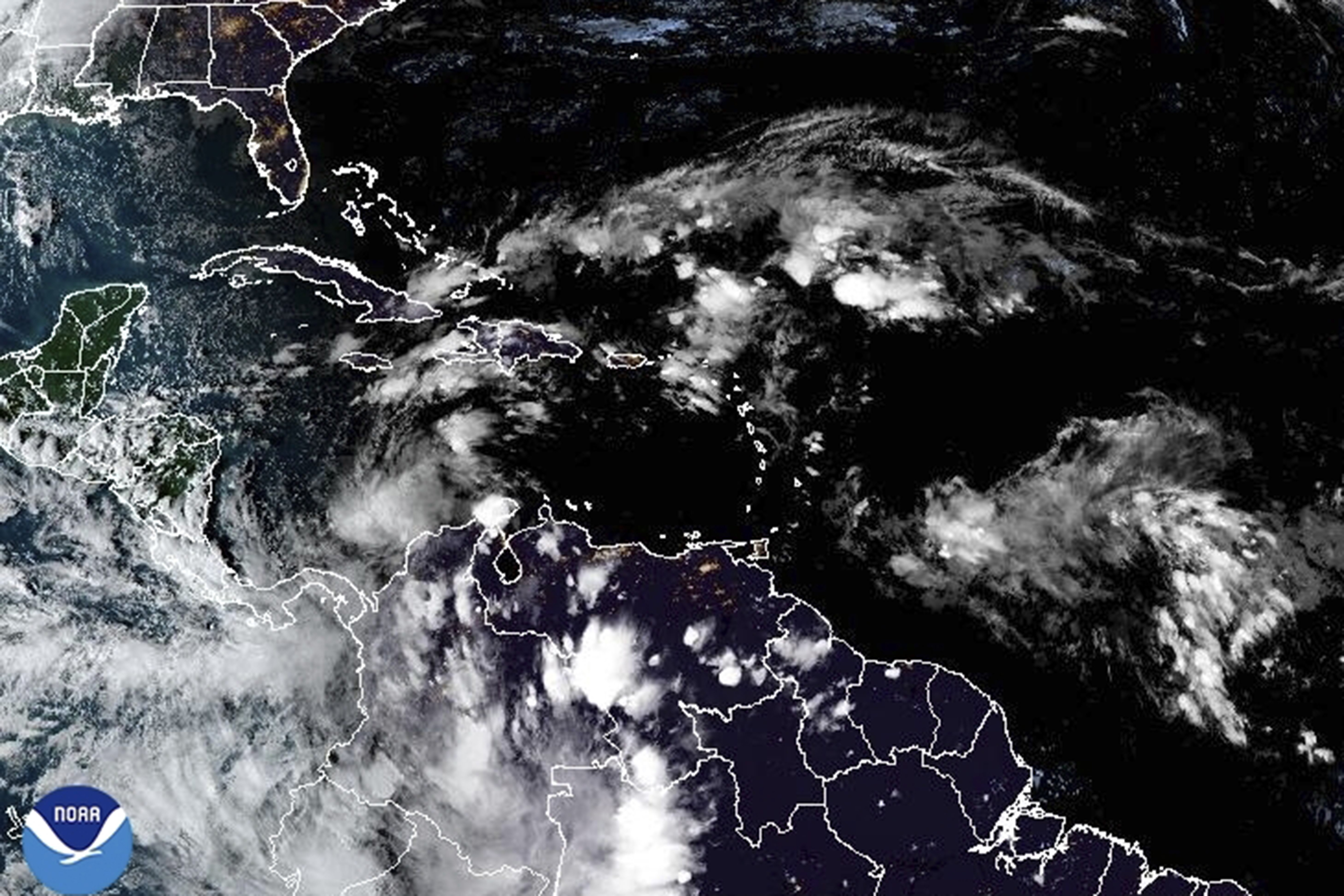A member of Russia's Pussy Riot protest group says a severely ill fellow activist was being taken to Germany on Saturday for treatment after his suspected poisoning.
Maria Alekhina told The Associated Press that Pyotr Verzilov was being flown to Berlin, but she did not give details.
Independent news site Meduza reported that Verzilov's partner, Veronika Nikulshina, said a doctor from a Berlin clinic who is friends with the ill man's father suggested medical care outside Russia.
Verzilov was hospitalized in Moscow on Tuesday and had remained in intensive care, Pussy Riot members said this week. Alekhina told the AP he regained consciousness Friday.
She also said she thinks he was poisoned for political reasons.
Verzilov, Nikulshina and two other Pussy Riot members served 15-day jail sentences for running onto the Moscow field where soccer's World Cup final was being played in July. Their protest of what they described as the excessive powers of Russia's police briefly disrupted the match with a very large broadcast audience.
Verzilov's fell ill as new allegations arose over the March nerve-agent poisoning of a Russian former double agent and his daughter in the British city of Salisbury.
U.S. & World
Stories that affect your life across the U.S. and around the world.
British authorities last week named two men — alleged to be agents of Russia's military intelligence service — in the poisoning of Sergei Skripal and his daughter, Yulia. The authorities showed surveillance-camera images of the pair in Salisbury.
The two men told Kremlin-funded satellite TV channel RT on Thursday they were in Salisbury only as tourists, to see the city's noted cathedral, and denied working for military intelligence.
Several Kremlin opponents have died from poisoning or suspected poisoning during the past 15 years. Alexander Litvinenko, a former member of Russia's domestic security service, succumbed slowly in London after ingesting a radioactive isotope in 2006. He fell ill hours after meeting with two Russians whom Britain claimed were the assassins.
Journalist Anna Politkovskaya, a fierce critic of President Vladimir Putin, became sick after drinking tea on an Aeroflot flight in 2004. She was travelling to southern Russia to try to help negotiate the Beslan crisis in which Chechen militants took hundreds of schoolchildren hostage.
Poison was mentioned as a possible cause of her symptoms. Politkovskaya survived, and was shot to death in the elevator of her apartment building two years later.
Vladimir Kara-Murza, a prominent opposition figure, nearly died of kidney failure after a suspected poisoning in 2015 and fell severely ill again in 2017.



